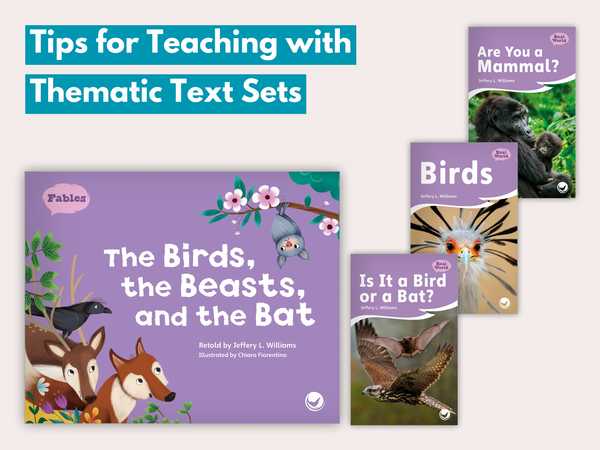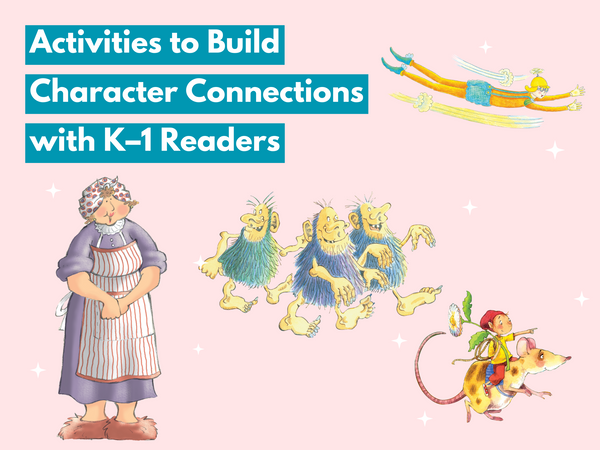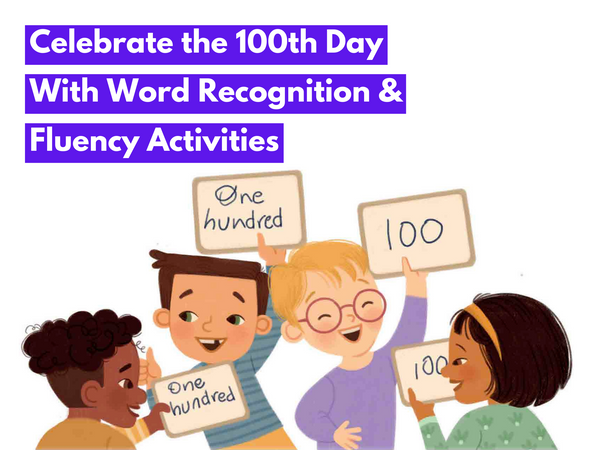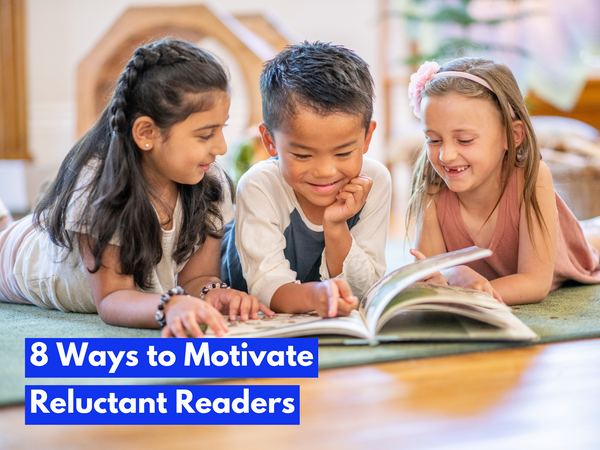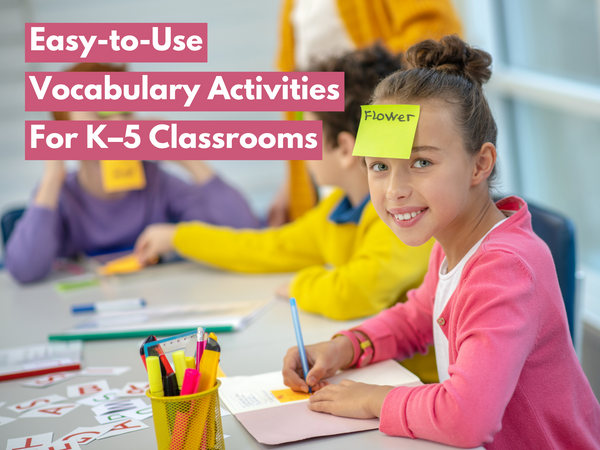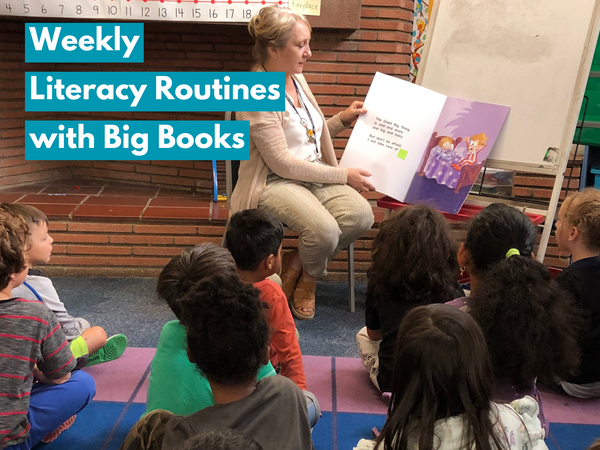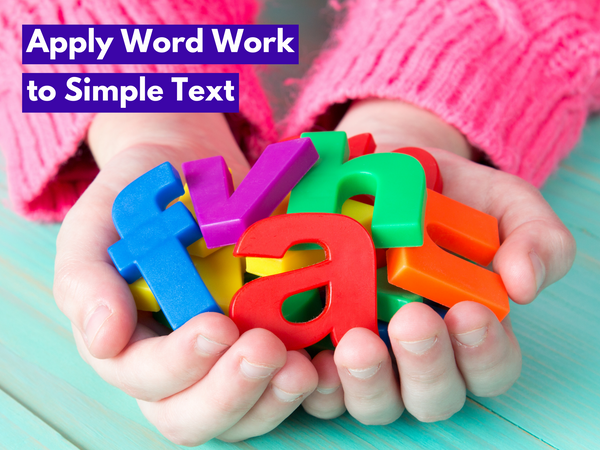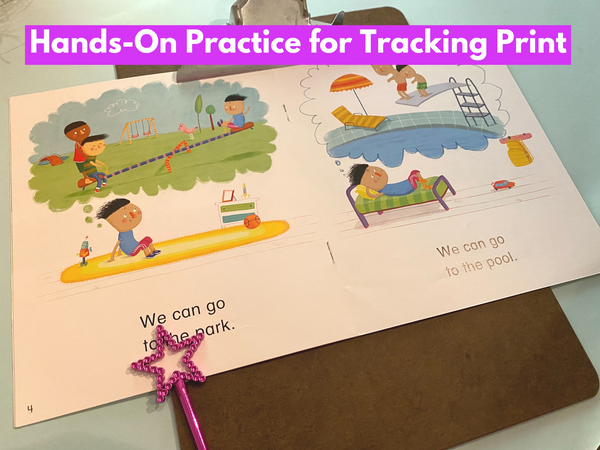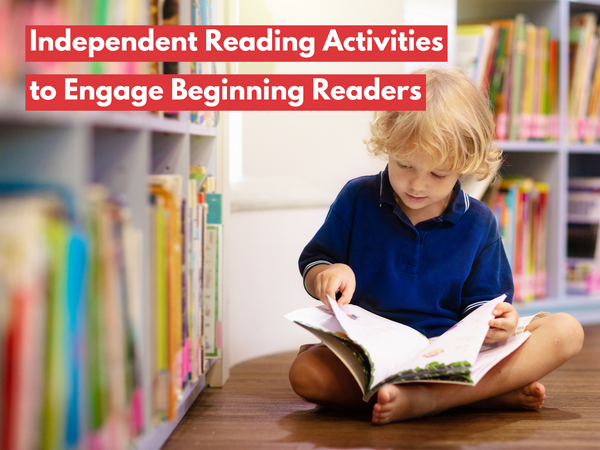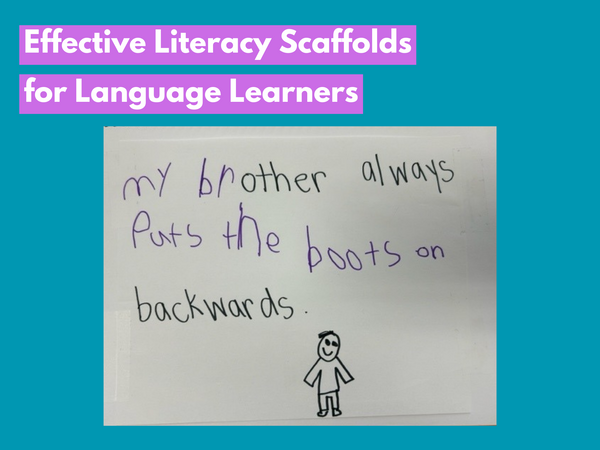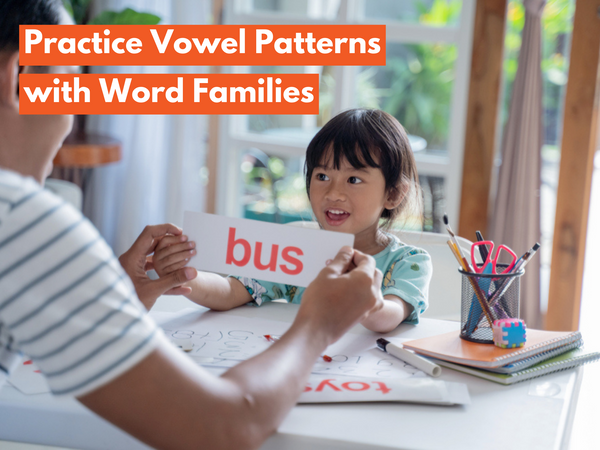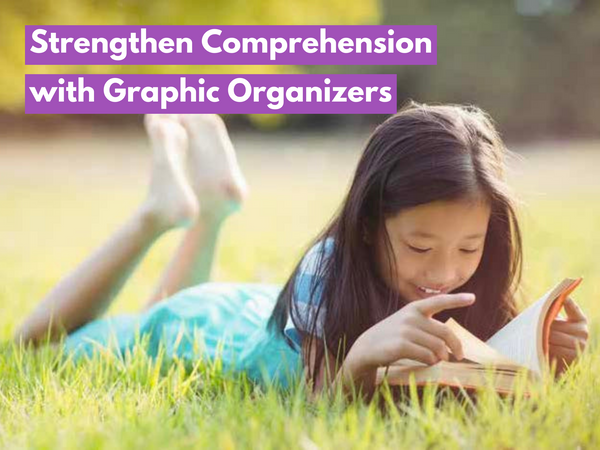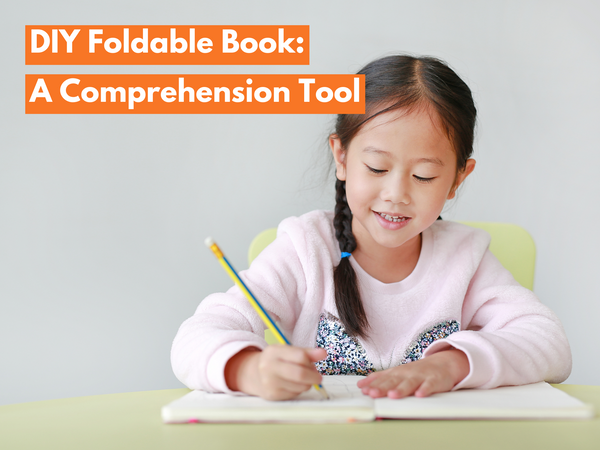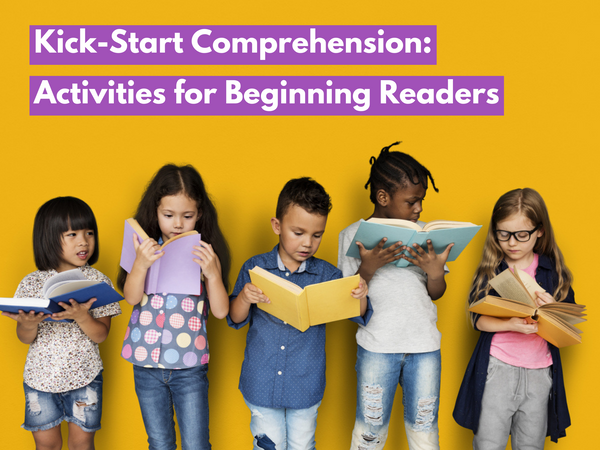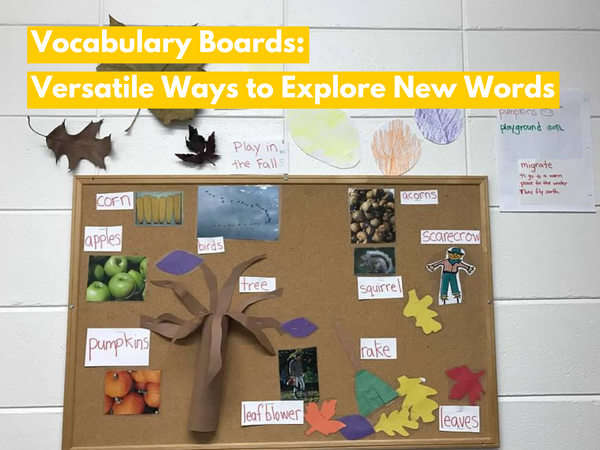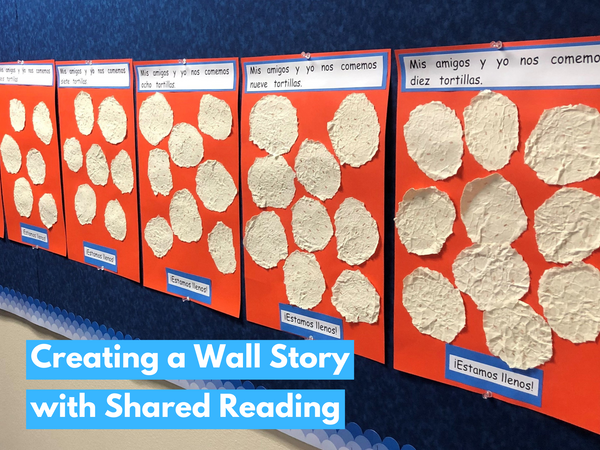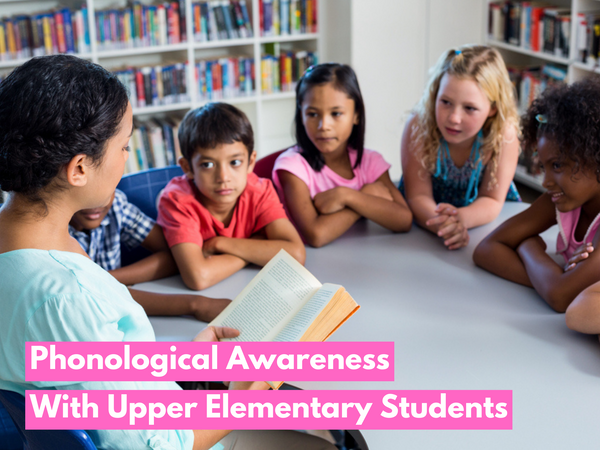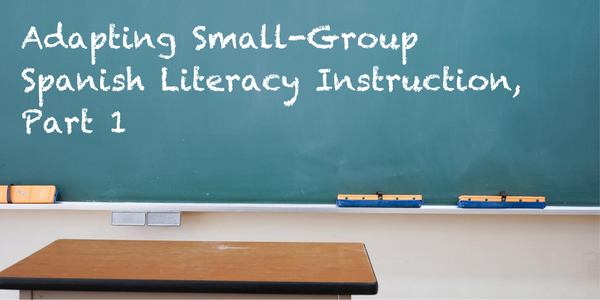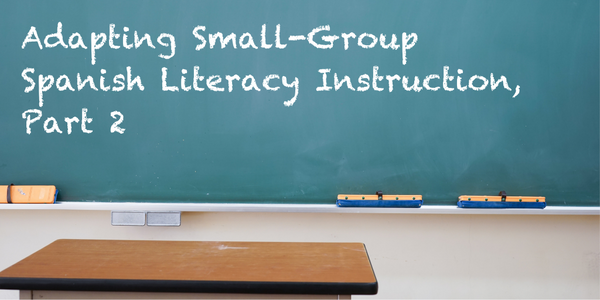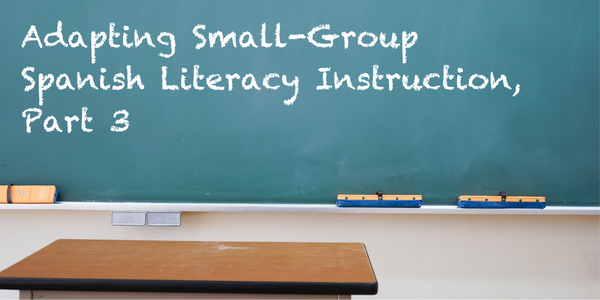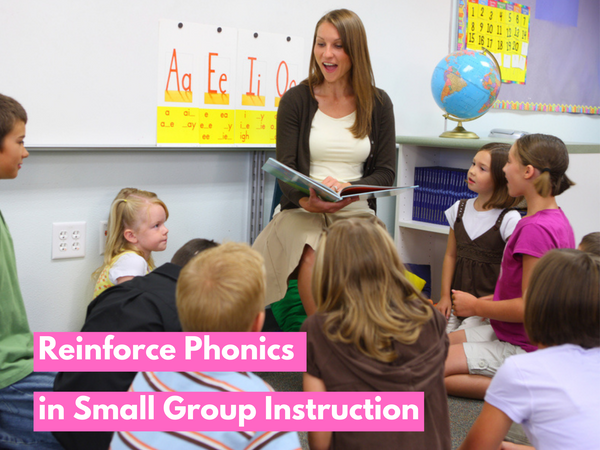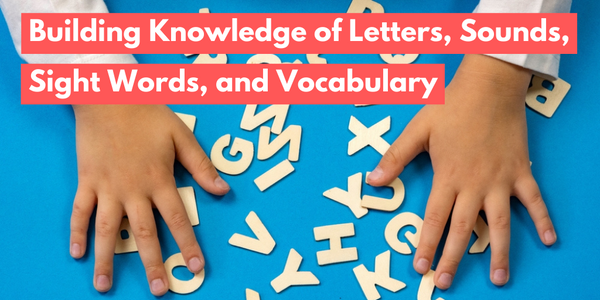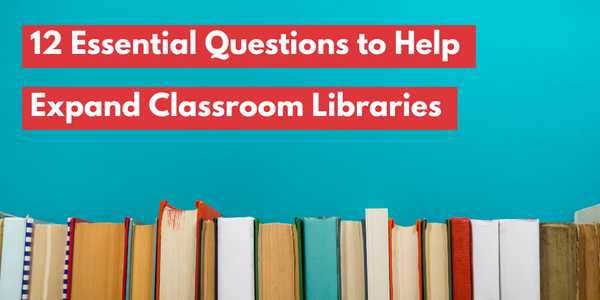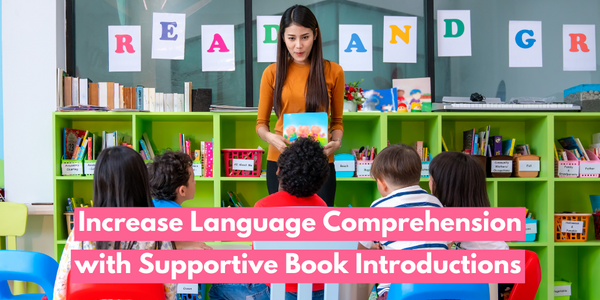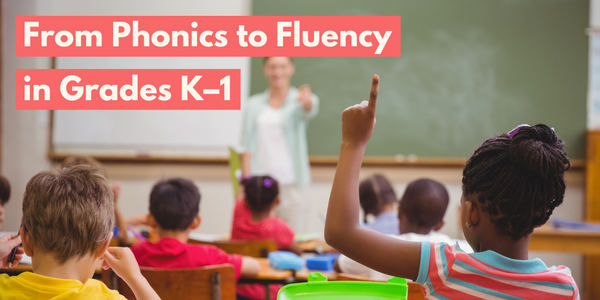Editor's Note: This blog was previously published, we're re-sharing it today as educators prepare for the upcoming semester.
By Dr. Geraldine Haggard, Reading Recovery Teacher Leader, Guest Blogger
We know that prior knowledge is necessary to help students develop their capacity in reading and writing. How can we as teachers model and provide students with opportunities to practice strategies they needed to read and write about leveled texts? In today's blog post, I will share ways that you can leverage prior knowledge about the winter season among students during guided and shared reading sessions.
Activating Prior Knowledge About Winter

Here are some ways that you can use to determine students' prior knowledge about winter:
- Read aloud a storybook that highlights a winter setting. Discuss the pictures and characters' actions in the book.
- Ask children to ask a family member questions about winter, and encourage them to share what they learned from the interview.
- Share winter scenes using an overhead projector or on a bulletin board. Invite the students to comment on what the pictures tell them about winter and snow.
- Just as winter becomes a reality outside, use the large group calendar to record and discuss temperature. Share a weather forecast and facilitate a discussion about what the forecast means.
- Invite children to share experiences they may have had during a previous winter.
- Display a poster, or use the overhead projector, to make a list of winter words used by the children. Invite the students to compose oral and written sentences contain these words.
Guided Reading Session for Striving Readers

Use the book All About Snow with a guided reading session of about fifteen to twenty minutes. Ask students to survey the book and make predictions about what they may learn about snow. Explain that the book is too long to read in one day, so they will first read in sections. Remind the students that words that describe the snow are called adjectives. Ask them to be ready to share some of the adjectives after reading the first section.
Remind the students that there are several compound words in the pages they will read that day. Ask them to go to page 4 and find the word sometimes . Then invite them to go to page 5 and look for unpleasant . Ask them to frame the prefix un and explain that they will learn why winter can be unpleasant.
Have students read through page 7 in whisper voices or silently. Give help if you see a reader struggling. After reading, quickly ask the students to share some adjectives they found and have them write these in their journals. Ask them to write a sentence about snow in their journals.
Shared Reading with the Entire Class

Parts of the level I informational text The Cycle of Seasons can be shared as students learn about winter. You can discuss with students how this book is from a narrative text. After introducing the book, read through page 5 to the group. Then have students read pages 4 and 5 with you. Ask them to use context clues to decide what a cycle is. Invite the students to talk about the cycle of seasons.
Read page 9 to the students and invite them to read the page with you. After the reading is done, ask the students to predict why the last sentence on the page is true. Ask them to check their predictions as you read page 10. Before they read with you, ask them to look for a compound word that answers the question. Talk about the fact that the part of the earth we are on is not near the sun in winter.
Page 14 includes several adjectives that describe winter. List the adjectives on the board and have the students copy them in their journals. Use the following sentences to review important facts about winter: Why is winter quiet? Why are roots warm? Where are the roots? Why are rivers and lakes frozen?
Closing Thoughts
Other books in the STEM Explorations series are valuable for several content areas and can make it possible to use several days to practice important standards. On the days you use shared reading, remember the importance of always including striving readers in a daily guided reading group for at least 15 to 20 minutes.
If you're looking for more ways to help kids use their prior knowledge to practice reading and writing, you can choose from more related posts on our Classroom Literacy Blog . As always, be sure to frequently visit our blog for new ideas to use with your students!
~~~
 Dr. Geraldine Haggard is a retired teacher, Reading Recovery teacher leader, author, and university teacher. She spent thirty-seven years in the Plano, TX school system. She currently tutors, chairs a committee that gifts books to low-income students, and serves as a facilitator in a program for grieving children. If you like what you read here, you can enjoy
more from Dr. Haggard elsewhere on our blog
.
Dr. Geraldine Haggard is a retired teacher, Reading Recovery teacher leader, author, and university teacher. She spent thirty-seven years in the Plano, TX school system. She currently tutors, chairs a committee that gifts books to low-income students, and serves as a facilitator in a program for grieving children. If you like what you read here, you can enjoy
more from Dr. Haggard elsewhere on our blog
.
~~~



![Leveraging Prior Knowledge Before Writing and Reading Practice [Grades 1–2]](http://www.hameraypublishing.com/cdn/shop/articles/Red_Typographic_Announcement_Twitter_Post-4_1024x1024.png?v=1689961965)











